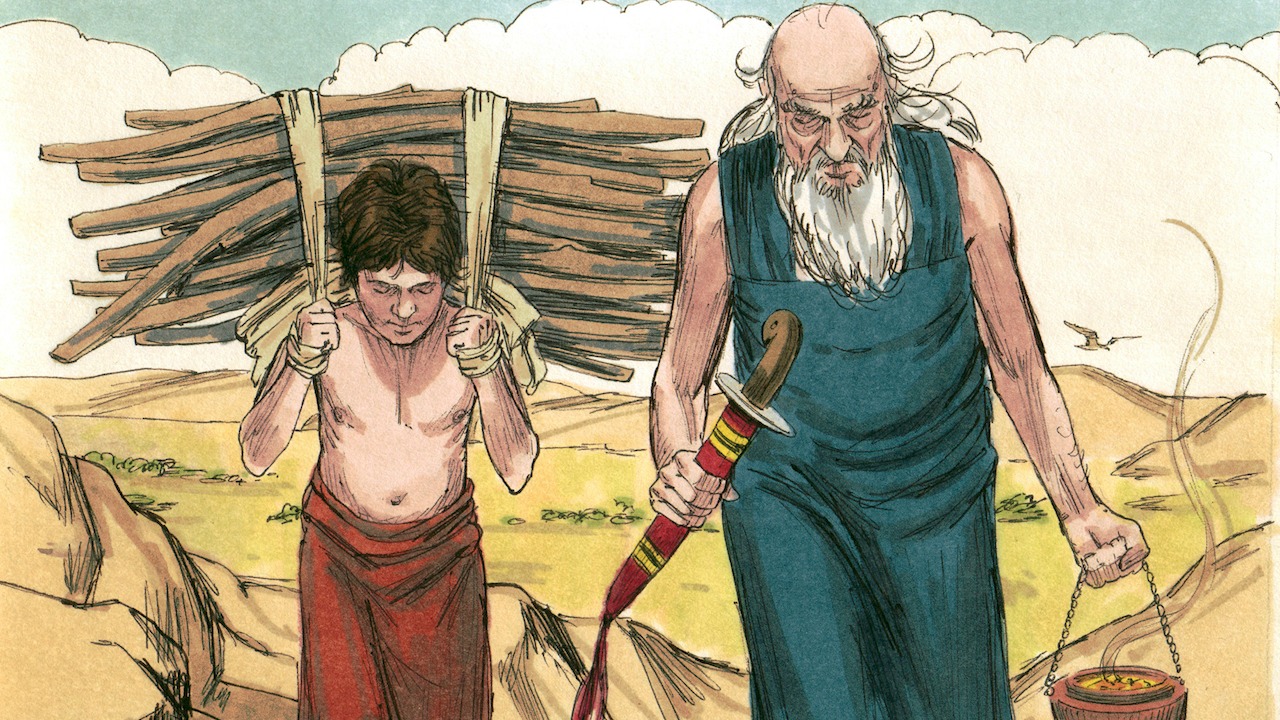
Welcome to the captivating and intricate world of **Abraham**, a pivotal figure who occupies a unique position at the intersection of three of the world’s major religions: **Judaism**, **Christianity**, and **Islam**. His life story is not just a historical account; it is a rich tapestry woven with themes of faith, obedience, and divine promise that resonates with billions of believers across the globe. In this article, we will explore the various facets of Abraham’s life, examining his unwavering faith and the significant role he has played in shaping religious thought and practice throughout history. We will delve into the narratives that surround him, the lessons that can be drawn from his experiences, and the enduring legacy he has left behind. So, pour yourself a cup of coffee, settle in comfortably, and join us as we embark on this enlightening journey through the life and influence of one of history’s most revered figures.
Who Was Abraham?

Abraham, who was originally named Abram, is often recognized as the first of the Hebrew patriarchs, a foundational figure in the religious traditions of Judaism, Christianity, and Islam. His narrative is primarily chronicled in the Book of Genesis, where he is portrayed as a man chosen by God to leave his homeland and embark on a transformative journey to an unfamiliar land. This raises the question: who was Abraham, and what makes his story so significant in the context of religious history?
### Early Life in Ur of the Chaldeans
Abraham was born in Ur of the Chaldeans, a thriving city located in ancient Mesopotamia, which corresponds to present-day southern Iraq. Picture a bustling metropolis filled with vibrant trade, rich cultural exchanges, and a diverse array of deities worshipped by its inhabitants. Growing up in such a dynamic environment, Abraham was exposed to various beliefs and practices, yet he was destined for a much greater purpose that would shape the course of history.
### The Call of God
At the remarkable age of 75, Abraham experienced a profound divine calling from God, who urged him to leave behind everything he had ever known—his homeland, his family, and his friends—and to journey to a land that God would reveal to him. This was not merely a casual request; it was a monumental act of faith that required immense courage and trust. The decision to abandon his familiar surroundings for the unknown was a pivotal moment that would set the stage for the unfolding of a significant legacy, marking the beginning of a new chapter in the spiritual narrative of humanity.
The Journey to Canaan

Abraham’s journey led him to the land of **Canaan**, a region that would play a pivotal role in the biblical narrative and the history of the Israelites. Upon his arrival in Canaan, Abraham encountered a multitude of challenges that tested his faith and resolve. At that time, he was childless and deeply concerned about what would happen to his legacy. In the midst of his worries, God made a profound promise to him: that Abraham’s descendants would not only inherit this land but would also grow into a great nation. The enormity of this promise must have weighed heavily on Abraham’s heart and mind, as he grappled with the uncertainty of his future.
As the story unfolds, we see a significant twist in Abraham’s life with the birth of his first son, **Ishmael**, whom he had with Hagar, the maidservant of his wife, **Sarah**. This decision stemmed from their impatience and desire to fulfill God’s promise in their own way. However, the true fulfillment of God’s promise came many years later when, at the remarkable age of 100, Sarah gave birth to a son named **Isaac**. This miraculous event was not just a personal blessing for Abraham and Sarah; it served as a powerful testament to God’s unwavering faithfulness and the realization of His promises. The birth of Isaac marked a new chapter in Abraham’s life and the beginning of a legacy that would shape the course of history.
The Test of Faith
:max_bytes(150000):strip_icc()/AbrahamHagar-58d2e0803df78c516254d5ad.jpg)
One of the most profound and thought-provoking stories in the biblical narrative revolves around Abraham and the test of his faith when God commanded him to sacrifice his beloved son, Isaac. This compelling story raises numerous questions regarding the nature of faith, obedience, and the relationship between humanity and the divine. Many wonder why God would ask such a heart-wrenching thing of Abraham, a devoted follower.
The Binding of Isaac
As Abraham prepared to carry out this seemingly impossible command, an angel of the Lord intervened at the very last moment, calling out to him and stopping him from completing the act. Instead of Isaac, a ram was provided as a substitute sacrifice, symbolizing divine mercy and intervention. This pivotal moment not only highlights Abraham’s unwavering faith and obedience to God’s will but also serves as a powerful reminder of the lengths to which individuals might go in their spiritual journeys, often facing profound tests of belief and commitment.
Abraham as the First Monotheist
In a historical context dominated by polytheistic beliefs, Abraham is frequently recognized as the first true monotheist. He worshipped a singular, transcendent God, which laid the groundwork for the monotheistic traditions that would later emerge in Judaism, Christianity, and Islam. His legacy as a pioneer of monotheism has had a lasting impact on religious thought and practice, influencing countless generations and shaping the spiritual landscape of the world.
Abraham’s Legacy in Three Religions

Abraham’s influence extends far beyond his lifetime. Let’s break down his legacy in the three major monotheistic religions.
Judaism
In Judaism, Abraham is considered the father of the Jewish people. His covenant with God established the foundation for the Jewish faith, and his lineage is traced through his son Isaac.
Christianity
For Christians, Abraham is a model of faith. The New Testament often references him, particularly in relation to the genealogy of Jesus, who is seen as a fulfillment of God’s promise to Abraham.
Islam
In Islam, Abraham (Ibrahim) is revered as a prophet and a messenger of God. His story is significant, particularly in relation to his son Ishmael, who is considered an ancestor of the Prophet Muhammad.
Archaeological Insights into Abraham’s Life

Modern archaeology has shed light on the historical context of Abraham’s life. Discoveries in Mesopotamia and Canaan have provided insights into the culture, customs, and challenges faced during Abraham’s time.
Rediscovering the Patriarchal Age
Archaeological findings have allowed scholars to reconstruct the patriarchal age, providing a clearer picture of the world in which Abraham lived. This has led to a deeper understanding of the narratives found in the Bible.
Key Archaeological Discoveries
| Discovery | Significance |
|---|---|
| Royal Palace at Mari | Uncovered thousands of cuneiform tablets, offering insights into the social and political structures of the time. |
| Excavations in Ur | Provided evidence of the cultural and religious practices that shaped Abraham’s early life. |

Abraham’s life is a testament to faith, obedience, and the pursuit of a divine promise. His story transcends time and culture, resonating with people from all walks of life. Whether you view him as a patriarch, a prophet, or a symbol of faith, there’s no denying the profound impact he has had on the world.
So, what can we learn from Abraham today? Perhaps it’s the importance of faith in the face of uncertainty, or the value of listening to a higher calling. Whatever it may be, Abraham’s legacy continues to inspire and challenge us to this day.

